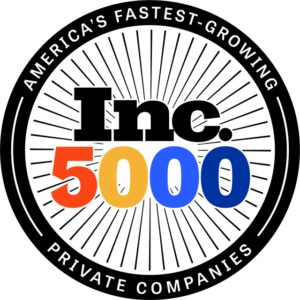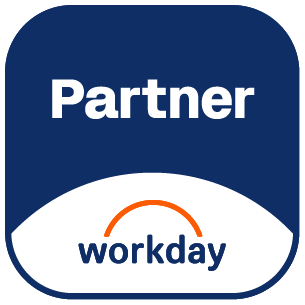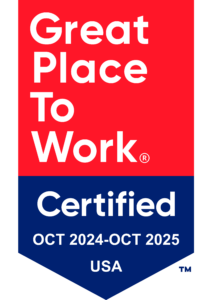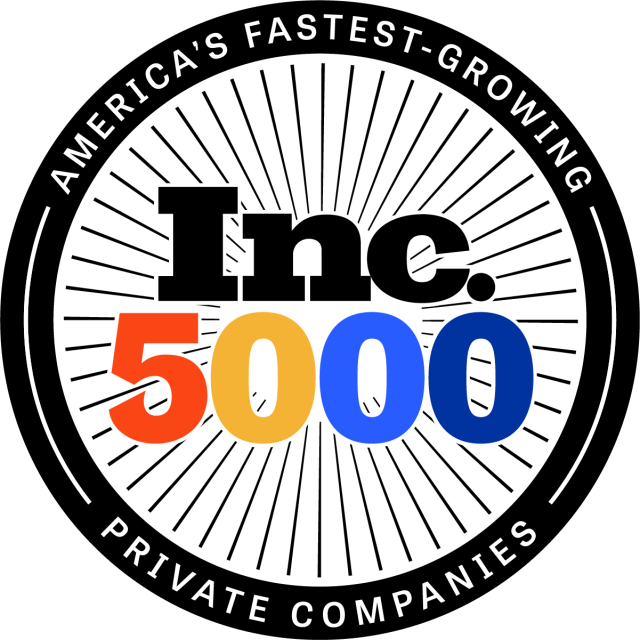Legacy ERP systems have long been the backbone of many organizations, managing everything from supply chain processes to financial data. However, as businesses evolve, these once-reliable systems often struggle to keep pace with modern demands. Knowing when to replace a legacy ERP system is critical to ensuring operational efficiency and long-term growth.
This blog will explore the signs that indicate it’s time for an upgrade, why answering the “WHY” before the “HOW” is essential in the migration process, and the necessary steps for a successful transition. We’ll also show how Gravity IT Resources supports businesses through every stage of this complex but rewarding process.
Key Indicators It’s Time to Replace a Legacy ERP System
Outdated ERP systems can create more problems than they solve. Here are some clear signals it’s time to consider a replacement:
- Operational Inefficiencies
- Legacy systems often require extensive manual workarounds due to their outdated interfaces or limited automation. This inefficiency can slow down business operations and result in costly errors. For example, if multiple teams are stuck using spreadsheets to plug gaps the ERP can’t handle, it’s a strong sign the system isn’t meeting the organization’s needs.
- Rising Maintenance Costs
- Aging systems usually demand higher maintenance due to frequent errors, outdated hardware, and hard-to-find specialized support. Additionally, as vendors phase out older versions, the cost for custom patches and upgrades grows exponentially, eating into the company’s IT budget.
- Lack of Scalability
- Businesses grow, diversify, and evolve. If your ERP system struggles to handle increased data volumes or fails to integrate with newer tools like CRM platforms and e-commerce functionality, your growth will be stifled by technology that simply can’t scale.
- Security Risks and Compliance Issues
- Legacy ERPs are often ill-equipped to meet modern data security standards, leaving organizations vulnerable to cyber threats. Additionally, out-of-date systems may not comply with industry regulations, exposing businesses to reputational and financial risks.
- Outdated User Experience
- Modern teams expect systems that support remote access, real-time reporting, and intuitive interfaces. If employees resist using the ERP because it’s cumbersome or outdated, productivity and morale can take a hit.
Why Start with the “WHY” Before the “HOW”?
Jumping straight into a system migration without first clarifying your objectives can lead to costly missteps. Here’s why defining the “WHY” behind replacing your legacy ERP system is crucial:
Building a Business Case
Before any change, establish clear reasons for replacement. Are you looking to support new revenue streams, reduce operational bottlenecks, or align with industry-standard practices? A strong business case is essential to secure leadership buy-in and funding.
Identifying Bottlenecks
A comprehensive assessment of current pain points—whether it’s frequent downtimes, siloed data, or compliance gaps—ensures that these issues become priorities in the new solution. This preparation reduces the risk of introducing new problems.
Aligning Objectives Across Teams
Replacing an ERP impacts multiple departments, from finance and HR to operations. Engaging stakeholders to align on challenges and goals ensures smoother adoption and minimizes resistance during implementation.
By answering the “WHY” with clarity, the “HOW” becomes an actionable plan tailored to address those goals.
Steps for a Successful ERP Transition
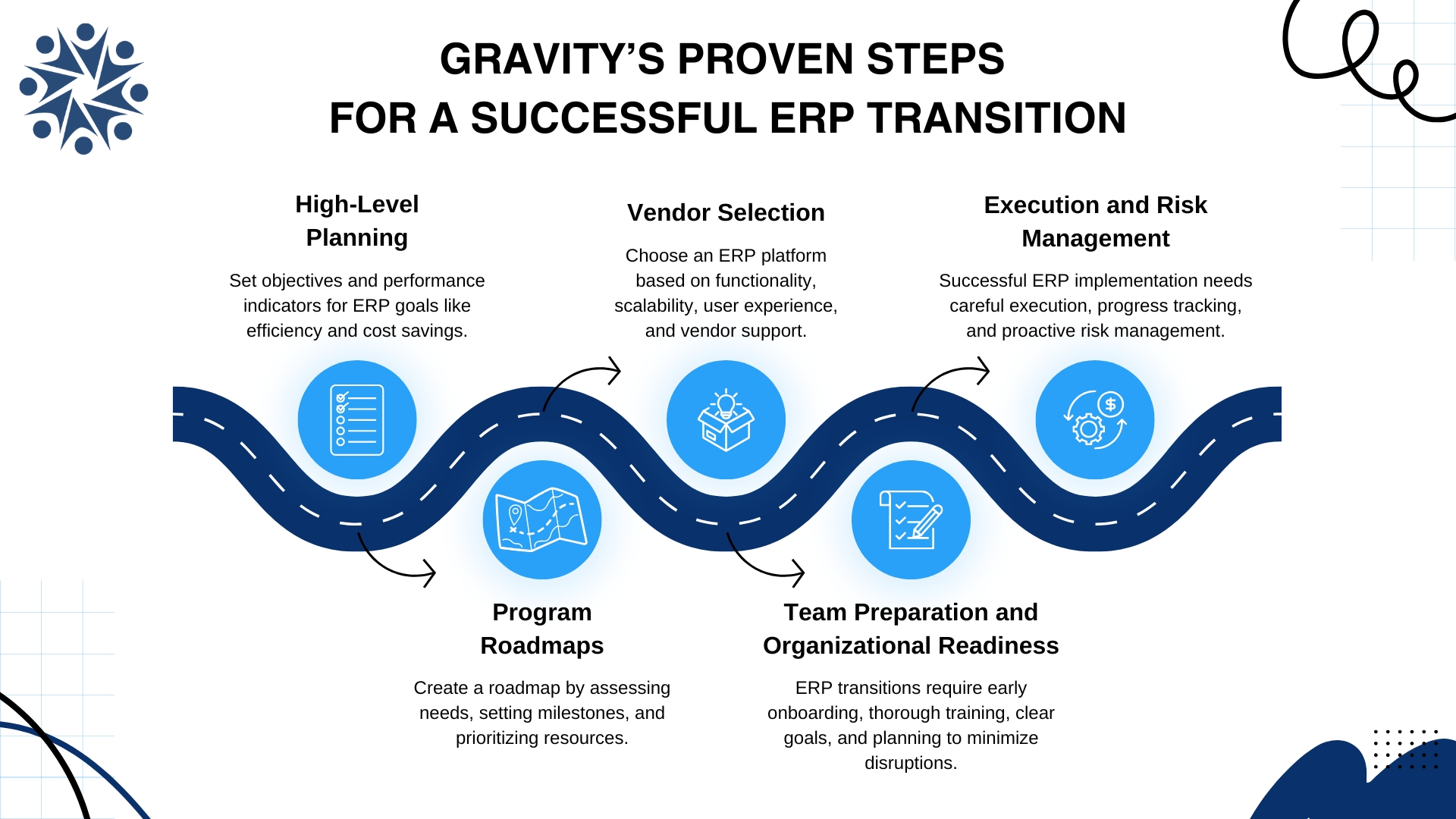
Replacing a legacy ERP system is a complex process, but a structured approach ensures a seamless transition:
1. Planning
Start by setting clear objectives and expected program outcomes. What does the organization aim to achieve with a new ERP? Define performance indicators that align with these goals, such as improved process efficiency by automating 70%+ of current manual Finance tasks or lower total IT cost by 35%. Based on these objectives, define a clear scope of the planned transition.
2. Program Roadmaps
Crafting a detailed program roadmap is essential for breaking down this large undertaking into manageable, and achievable steps. This includes understanding your current landscape, organizational capabilities, setting realistic milestones, and planning resource allocation based on priorities.
3. Vendor Selection
Choosing the right ERP platform and implementation partner is critical. Consider factors such as functionality, scalability, user experience, and vendor support. Align these capabilities with your operational needs and growth aspirations.
4. Team Preparation and Organizational Readiness
ERP transitions are as much about people as they are about software. Ensure teams are onboarded early, trained thoroughly, and informed about the transformation’s goals and benefits. Prepare for some operational disruption and align timelines to mitigate its impact.
5. Execution and Risk Management
Successful ERP implementation requires vigilant execution and proactive risk management. Tracking progress against your roadmap and addressing risks—such as data migration errors or misaligned workflows—keeps the project on track.
Gravity IT Resources – Guiding You Every Step of the Way
Gravity IT Resources is dedicated to ensuring organizations have the expert guidance, leadership, and resources needed to make ERP transitions as smooth and successful as possible. With a comprehensive suite of ERP service offerings, we support clients from initial planning through seamless execution and beyond.
Program Advisory & Consulting
Our advisory and consulting services are designed for all stages of your ERP journey. We help you translate your strategic goals into actionable plans by conducting business case development and evaluation, readiness assessments, and developing detailed program strategies. Our experts offer independent, unbiased advice tailored to your business objectives—ensuring you tackle the “WHY” and establish a solid foundation before you move forward.
ERP Staffing Solutions
No two ERP transitions are alike—and neither are their talent needs. Gravity offers both lead and execution roles through ERP Solution Architects, Change Management Leads, Project Managers, Business Analysts, and specialized consultants. We leverage a vast subject matter expert network to fill mission-critical positions, ensuring that you have the right people with the right expertise at each phase of your project. Our staffing solutions are results-driven, putting your success at the center of the engagement.
Nearshore & Support Services
To maximize program ROI and quality, Gravity delivers highly experienced technical and functional talent from our nearshore delivery centers in Central and South America. Our bilingual consultants operate within U.S. time zones, providing a cost-effective, high-quality alternative to traditional offshore support. Whether you need support for development, testing, configuration, or project management, our nearshore services can supplement your team or offer stand-alone value for ongoing operations and support.
Vendor Selection Services
Choosing the right ERP platform and systems integrator is critical. Gravity employs a proven, objective 5-step methodology for vendor assessment and selection—ensuring you identify vendor solutions that are the best fit for your business goals, budget, and technical environment. We help you develop RFPs, shortlist vendors, facilitate presentations and Q&A sessions, and make data-driven recommendations, so you can choose your ERP partners with confidence.
Solution Roadmap Assessment
A clear, actionable roadmap is vital for your ERP transition. Gravity’s Solution Roadmap Assessment involves comprehensive stakeholder workshops and platform evaluations, mapping the solution landscape to your business needs. We assess integration requirements, data migration plans, custom code complexity, and deployment strategies, delivering practical guidance to optimize your rollout and mitigate risk.
End-to-End Execution & Support
From program readiness through go-live and post-implementation optimization, Gravity provides ongoing execution and management support. Our services include governance setup, health assessments, change management planning, and continuous improvement—ensuring projects stay on track and deliver value across your organization.
No matter what stage you’re at—from initial vision to day-to-day operations—Gravity IT Resources is your all-in-one partner for ERP transformation. We stay focused on your goals, drawing on decades of cross-industry experience to anticipate challenges and deliver real, measurable results.
Take the First Leap Into Transformation
Replacing a legacy ERP system is no small feat, but with the right partner, it becomes a seamless transformation that delivers immediate and long-lasting value. Gravity IT Resources is here to support you every step of the way, from identifying your “WHY” to executing the “HOW.”
Contact us today to discuss how we can help your business transition to a future-proof ERP system tailored to your organization’s unique needs.
Want more insights into IT hiring or ready to elevate your recruitment process? Explore how Gravity IT Resources can give you the hiring edge. #GravityITResources
About Gravity IT Resources
Gravity is a Human Capital Management company headquartered in Fort Lauderdale with offices across the country including Atlanta, Austin, Charlotte, Columbus, Cincinnati, DC, Denver, Salt Lake City, San Diego and Tampa. Our company has been recognized by Inc. Magazine as an “Inc. 5000” award winner and one of the fastest growing privately held companies in the United States for the last 6 consecutive years (2019, 2020, 2021, 2022, 2023, 2024).
Gravity helps prominent clients like Salesforce, Chewy, Carnival Cruise Lines, AutoNation, Mosaic and hundreds of other enterprise and SMB companies to identify, recruit and hire IT professionals for their most critical projects and jobs. Our recruitment spans across various roles, including artificial intelligence (AI) specialists, software engineers, cloud engineers, project managers, data engineers, business analysts, security engineers, CXO leaders and more.
Gravity provides a variety of delivery models and services designed to meet client needs efficiently and effectively.
- Contract, Contract-to-Hire & Direct Hire of US-based Resources
- Nearshore Staff Augmentation
- Managed Team Services
- Executive Search
- ERP Program Leadership
To learn more about Gravity IT Resources practices, career opportunities and culture, visit https://www.gravityitresources.com/.
